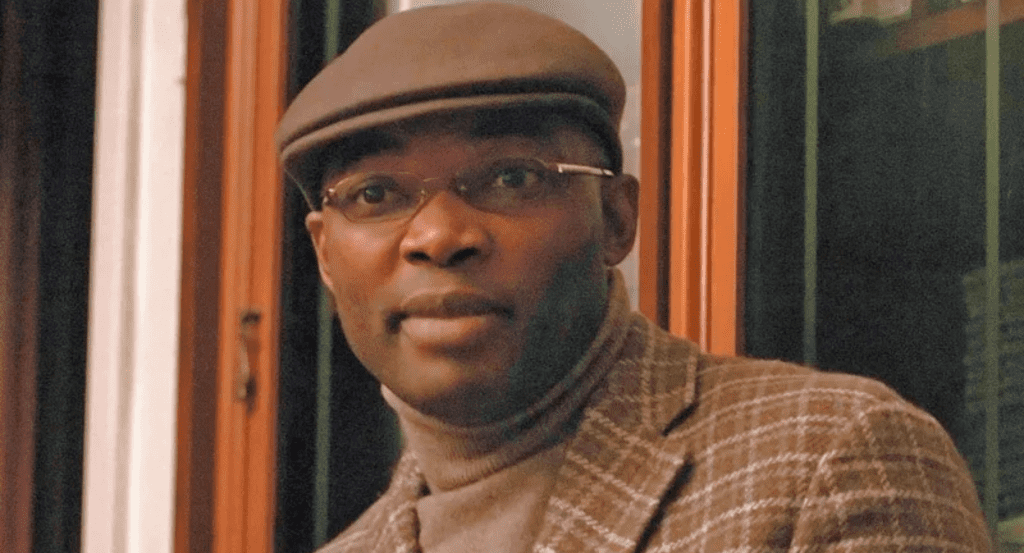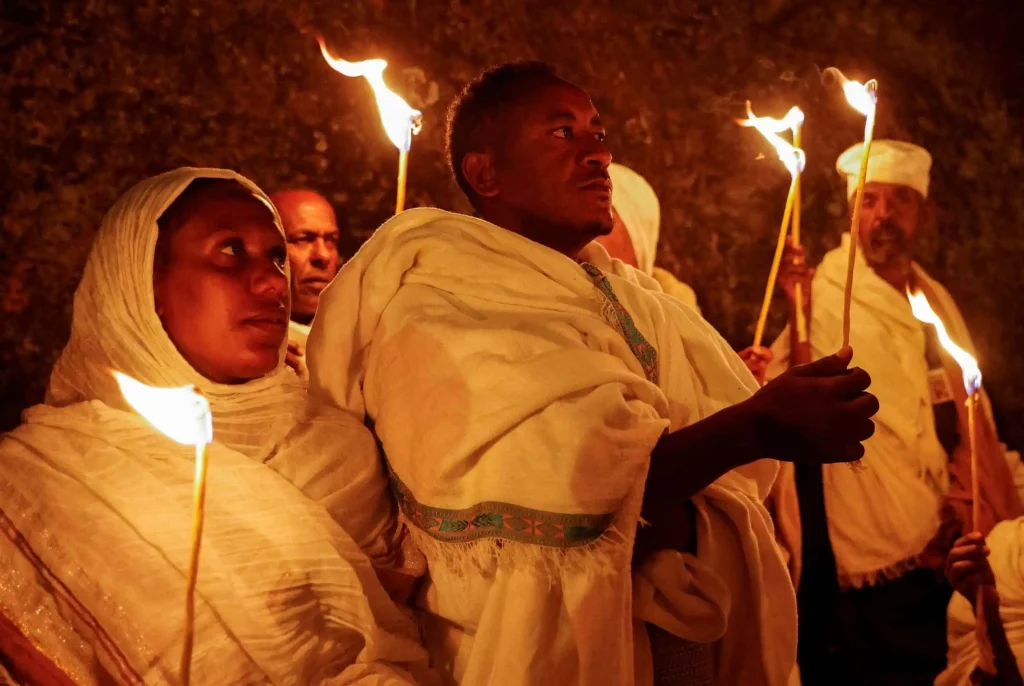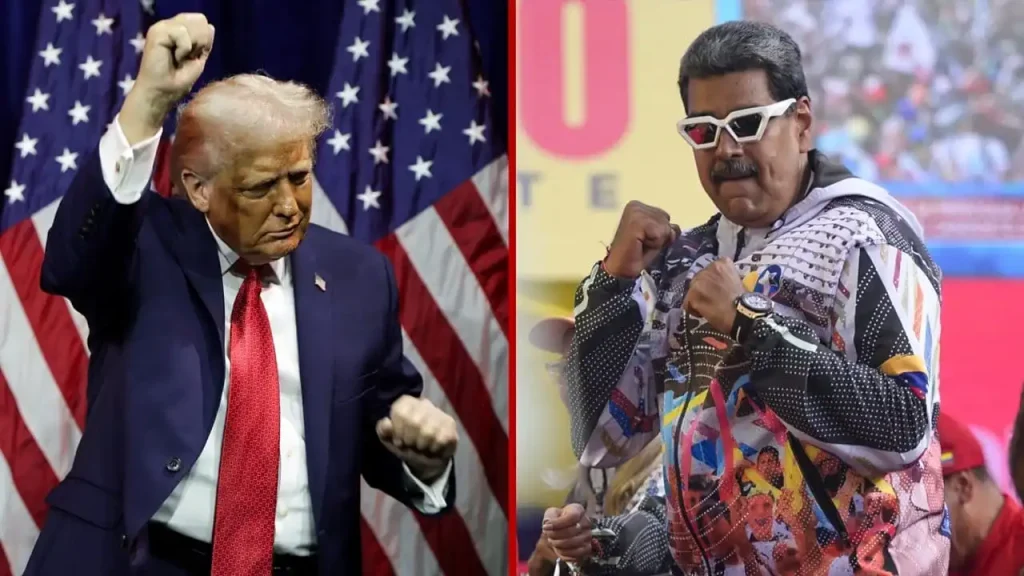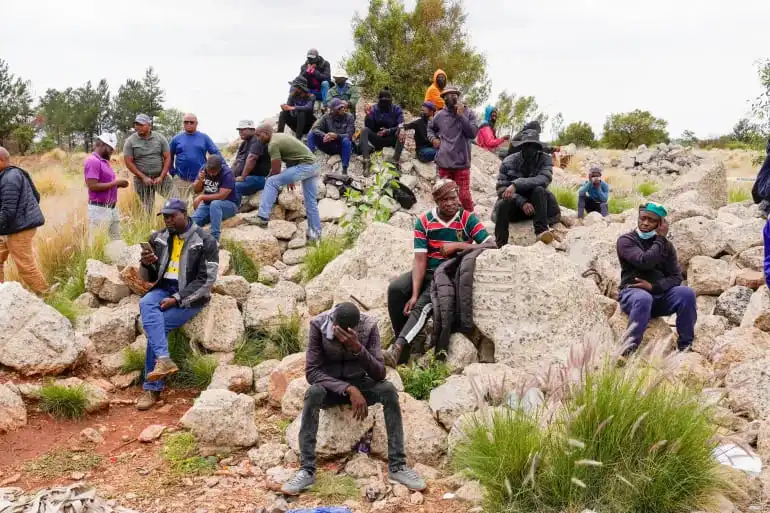A French court has convicted Cameroonian journalist and author Charles Onana for contesting crimes against humanity through his controversial comments on the 1994 Rwandan genocide. The ruling, delivered on December 9, 2024, has sparked widespread debate on free speech and historical accountability.
Onana, known for his investigative writings on African conflicts, was fined €5,000 for statements he made in his book and public interviews, which allegedly minimized or contested the established narrative of the genocide. The court ruled that his comments violated France’s strict laws against genocide denial and negationism, which criminalize statements disputing crimes against humanity.
The journalist has long argued that his work sheds light on untold aspects of the genocide and challenges official accounts for academic and historical inquiry. However, critics and genocide survivors have accused him of distorting facts and promoting revisionist history, which they believe undermines the suffering of victims and survivors.
The Rwandan genocide, in which an estimated 800,000 people, primarily Tutsis, were killed, remains a sensitive subject worldwide. France, in particular, has grappled with its own controversial role during the genocide, making this case highly significant.
Onana’s legal team has vowed to appeal the ruling, maintaining that their client’s work is rooted in freedom of expression and investigative journalism. Supporters argue that his conviction sets a dangerous precedent for intellectual discourse and raises concerns about censorship.
However, genocide scholars and human rights groups have welcomed the court’s decision. They argue that it reinforces the importance of combating denialism and preserving the historical integrity of atrocities like the Rwandan genocide. A Rwandan official speaking on the case praised the verdict as a step toward justice and truth, highlighting the continued need to counter genocide denial in all forms.
This conviction marks a critical juncture in the ongoing global discourse on the balance between free speech and accountability in addressing sensitive historical issues. Onana’s case underscores the challenges of reconciling divergent narratives while respecting the dignity of those affected by atrocities.























